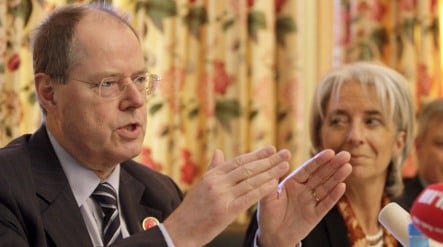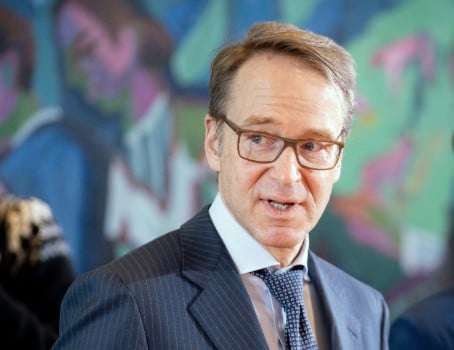Finance Minister Peer Steinbrück said on Saturday, the confidence should come before new stimulus packages could be agreed.
He stressed that Germany had already agreed measures worth more than four percent of GDP, and said this would be expensive in itself.
“The priority is restoring the confidence which is a precondition to launch successfully the stimulus packages,” Steinbrück told reporters after the talks outside London.
He underlined the cost of stimulus measures. “Public debt is a heavy burden for our children and grandchildren and there will have to be an exit strategy.”
Earlier Saturday, German Chancellor Angela Merkel said after discussions with Prime Minister Gordon Brown in London that it was premature to call for fresh stimulus packages.
She said the world should first wait for the measures already agreed to take effect.
The finance ministers, meeting to prepare for a key summit of G20 leaders in London on April 2, agreed to take “whatever action is necessary” to curb the global slowdown.



 Please whitelist us to continue reading.
Please whitelist us to continue reading.